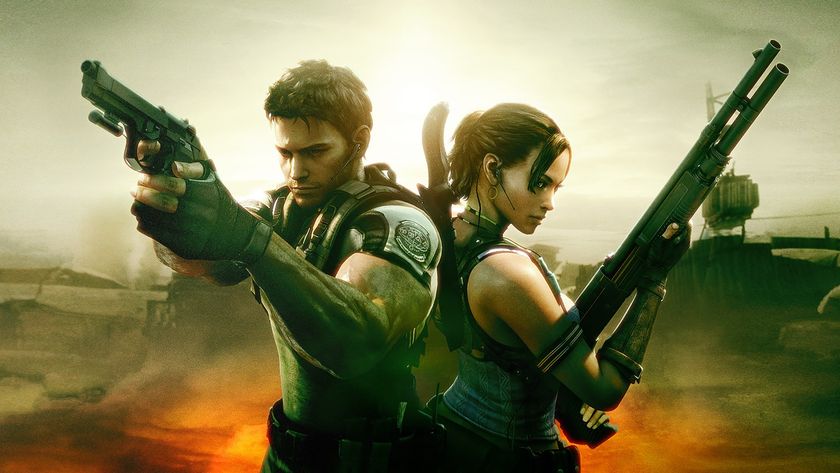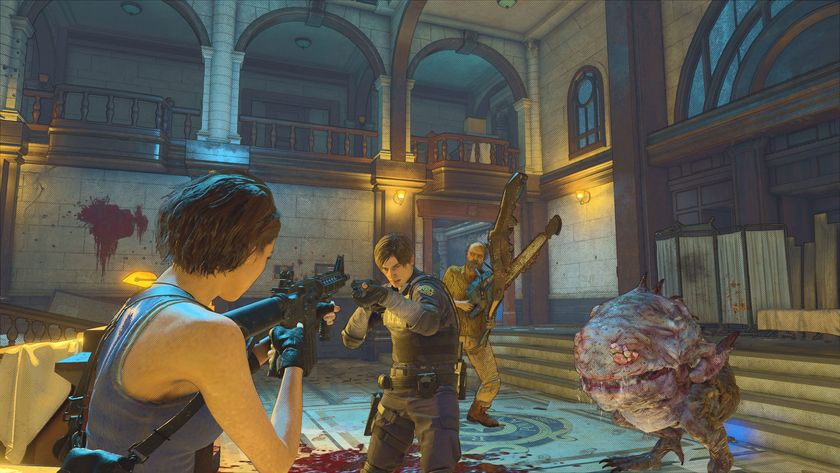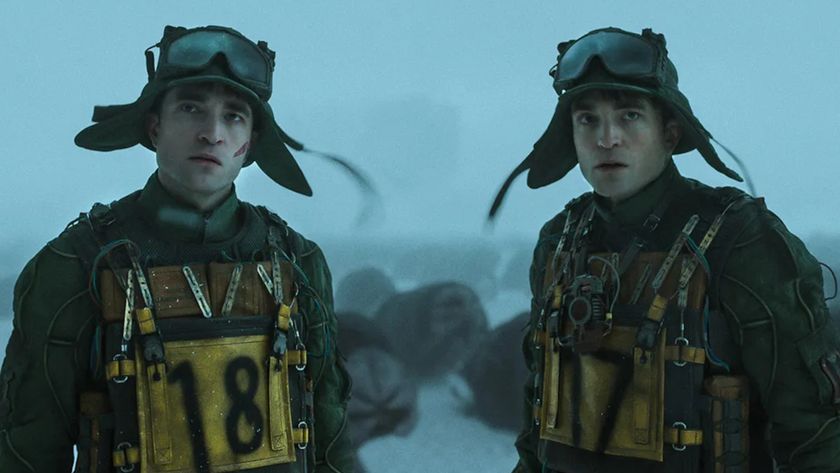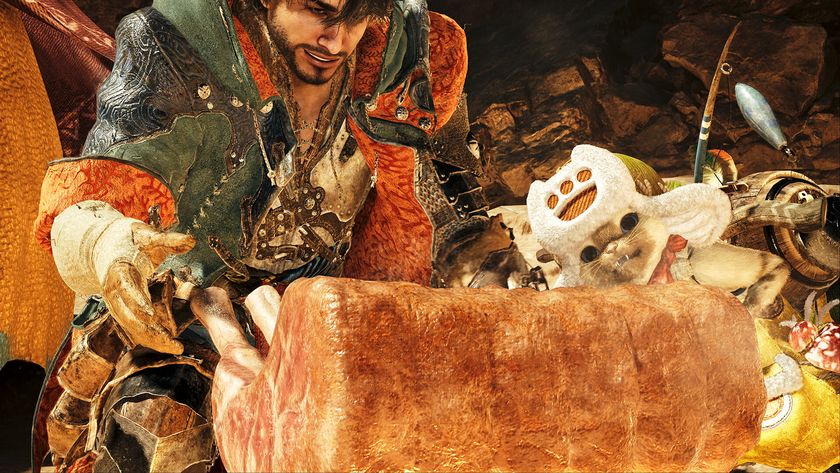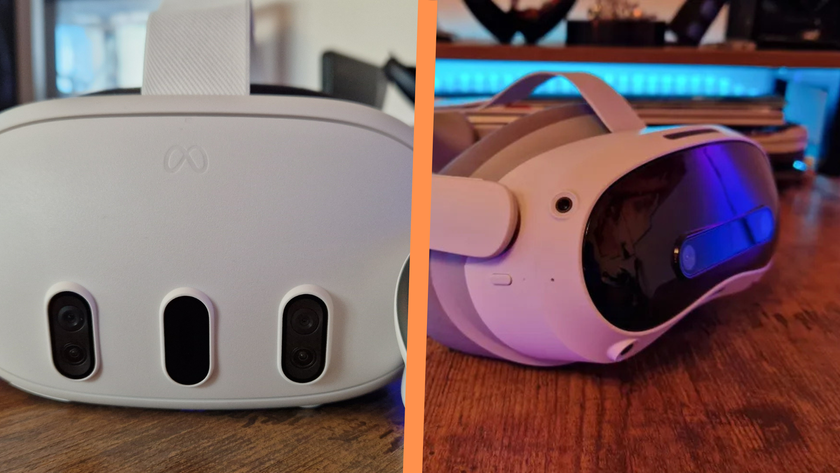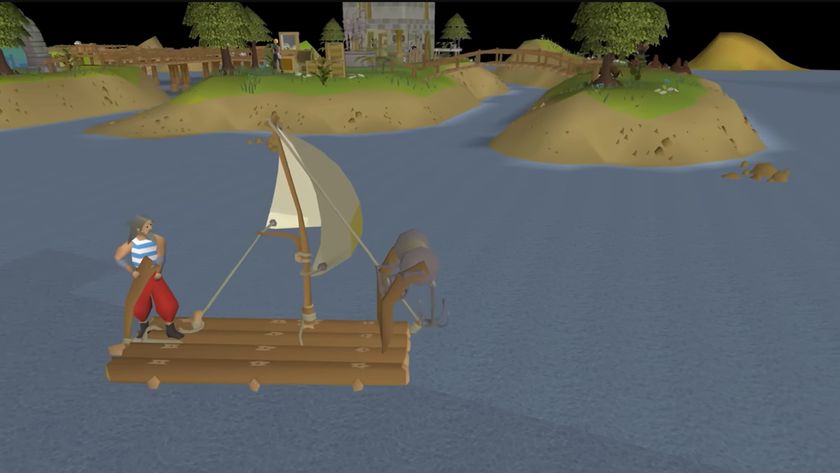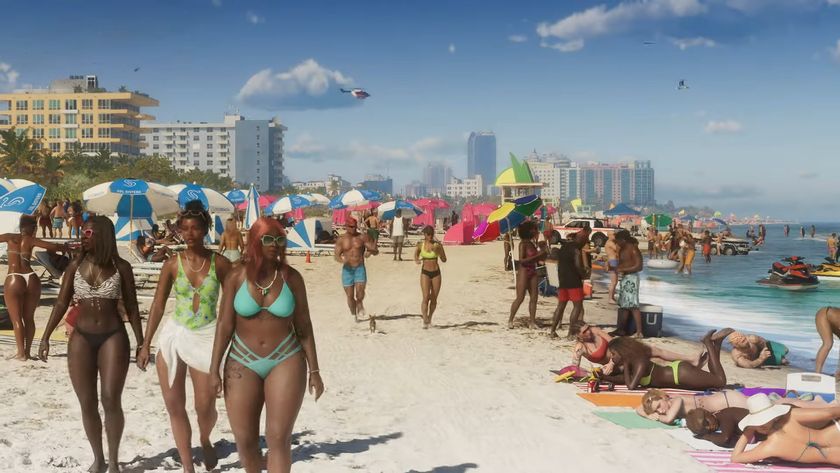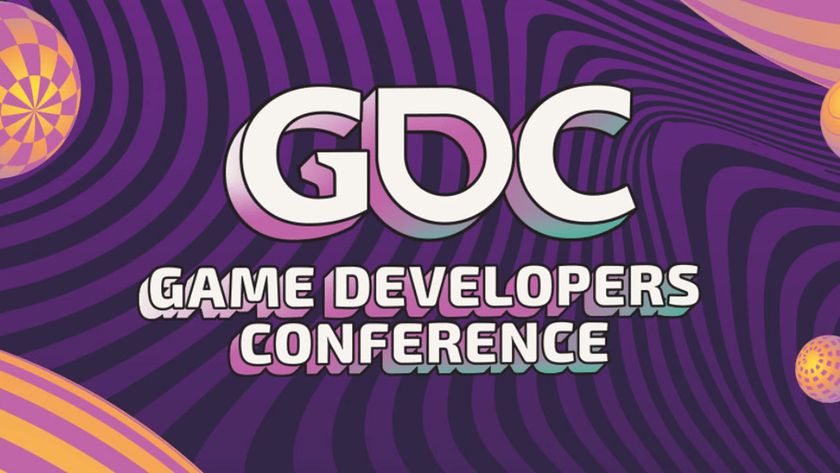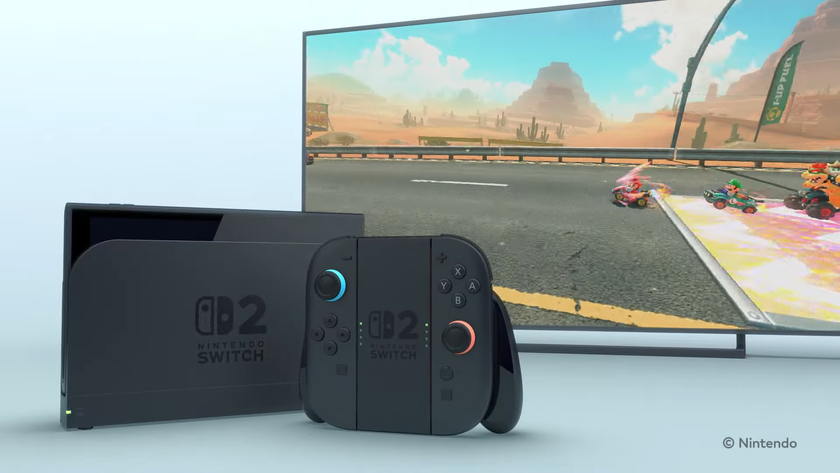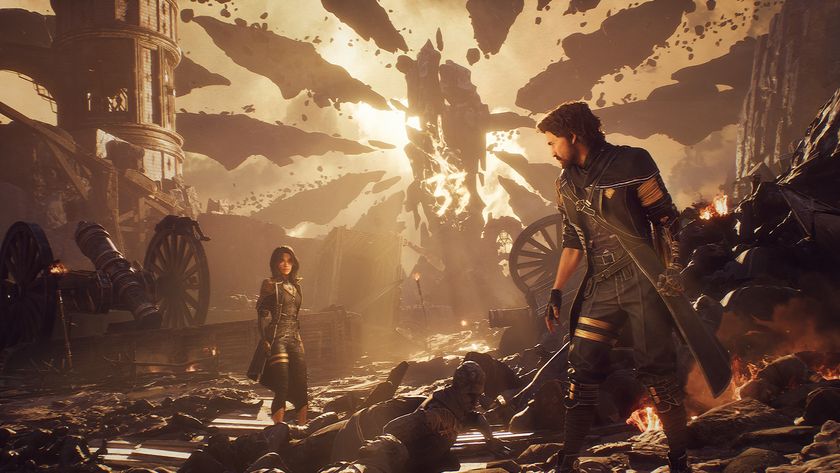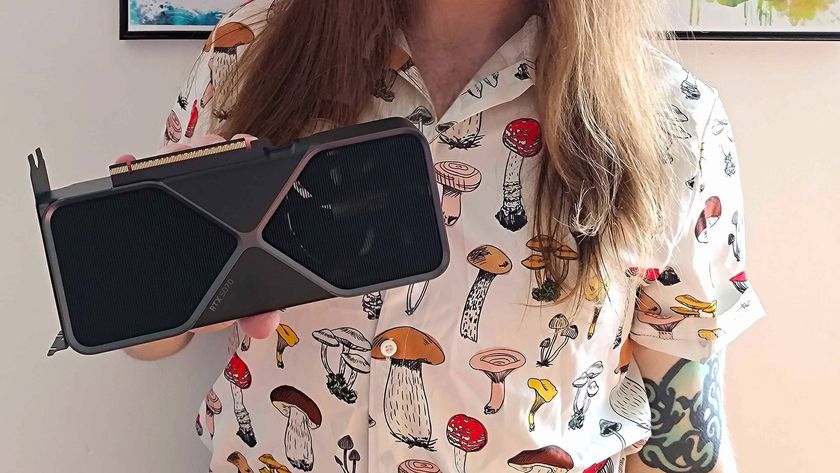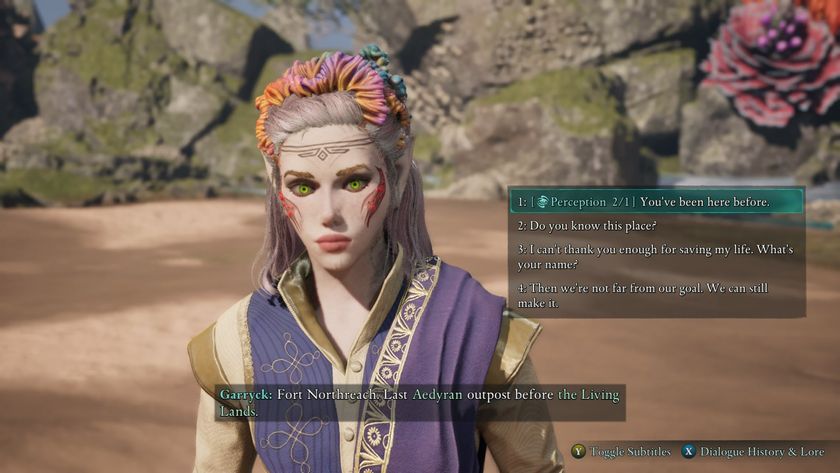Resident Evil 2 was a fantastic throwback, but it's Resident Evil 7 that is pushing the series forward
Everyone’s feasting on the Resident Evil 2 remake right now, but it was Resident Evil 7 that set the table
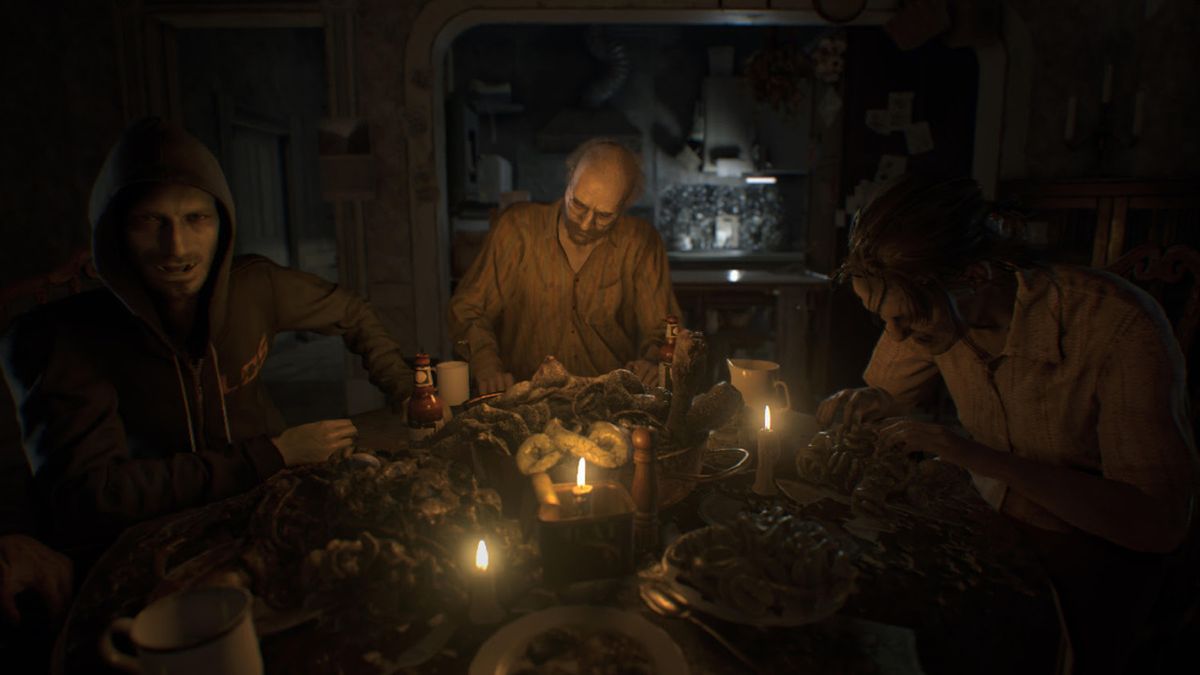
We’re regaining consciousness at a dinner table in Resident Evil 7, bound to a chair as a haggard family of four watches us with a discomfiting mixture of curiosity and maniacal joy. There’s Marguerite on the right, rictus-grinning and proud of the rancid human-offal feast she’s prepared. On the left is Lucas, leaning towards you eager and wild-eyed, like a maladjusted child eager to dismember some hapless insect. Of course there’s Jack, the stolid family patriarch centre-image, intent that this momentous occasion – whatever the hell it is – goes through without incident. And then there’s grandma, lolling her head and looking through you with milky eyes.
It also happens to be one of the most iconic, perfectly framed scenes of this video game generation. With its dirty amber hues and furrowed faces it could almost be a Rembrandt work, assuming that at the time of painting, the great Dutch artist was febrile with food poisoning.
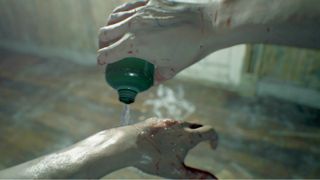
It’s a scene that oozes menace, and raises questions that you spend the rest of the game answering. In a series that by this point was all but a glorified B-movie saga with a carousel of one-dimensional characters, this was the first time it became an intriguing, personality-heavy tale. That dinner scene sends a message, too: that Resident Evil 7 stands up on its own, shedding the familiarity that’s kept millions of fans standing by the series through the good and bad.
You could say that RE7 was a Petri dish for the series, where splodges and dabs of one element or another are chucked into the mix to see if it forms into something fun, new and sustainable; Ground Zero for a new manifestation of old-school horror.
With that in mind, Capcom’s decision to set it in a marooned location far from anywhere that could interfere with mainline Resident Evil lore looks like a tactical move; just as Resident Evil 4’s remote Spanish setting offered a platform for Capcom to move the series in a new direction, so too did Dulvey, Louisiana.
Breaking the Mold
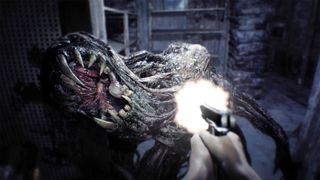
Even the game’s new enemies, The Molded, feel like prototypes both within the game lore and the context of the series’ development. These semi-morphous black goo monsters – spawned from a mould that feeds on dead bodies – didn’t get too much love from gamers when Resident Evil 7 first came out. They’re visually homogeneous, and can pretty much appear from nowhere as they coagulate out of the slimmest cracks and sluices. They take a lot of damage, and cause plenty of frustration without the accompanying charm and B-movie bombast we associate with other enemies throughout the series. But a couple of years on, the Molded’s purpose looks clear: they’re the precursor to the reinvented zombies of the Resi 2 remake, designed to rediscover the horror of slow enemies in tight confines.
Like Resident Evil 2’s zombies, the Molded shamble towards you deceptively fast, and their heads bob awkwardly and arrhythmically from side to side, making them difficult to hit. Then, once you do, they have a nasty habit of stumbling back before retaliating and reaching out for you with overextending fungal arms; a move paralleled by RE2 zombies’ tendency to lurch at you in the final few steps before an attempted bite.
Sign up to the 12DOVE Newsletter
Weekly digests, tales from the communities you love, and more
Another great experiment facilitated by RE7’s isolation from the rest of the series is the narrative, which thrives by not having the pantomime presence of Wesker, Leon Kennedy, Jill Valentine, Barry Burton and co in it. Resident Evil always felt like a series where the more intriguing subplots were stifled by the series’ daytime-soap cast, which is revered more for nostalgic reasons than narrative merit. So much of the RE2 Remake’s power derives from that familiarity of returning characters, who combine basic human qualities with that stilted quality that retains the sense that the dialogue was localised from a Japanese game.
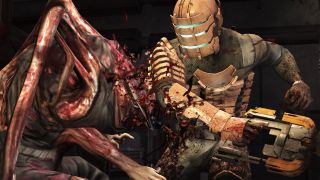
Looking for another game to scare you senseless? Then you should probably check out our list of the 20 best horror games of all time.
In scrapping all that fan-baggage, Resi 7 becomes a clever standalone story. There is no axiomatic zombie apocalypse where the objective is simply to survive here. It’s as much a mystery as it is a horror, laid out in reverse-exposition as you’re presented with a grotesque mess of a situation, then slowly work out what befell the Bakers, how your girlfriend Mia is involved, how a mystery girl called Eveline is involved, and how you, Ethan, are involved.
How much you learn depends on how nosey you are, as you rummage around the puzzling, lived-in residence to piece together a sombre tale of a family ripped apart by forces beyond its control. At points, it feels you could be playing snoopy indie hit Gone Home, except with the added danger that an axe could swing down on your head as you’re looking at a family photo.
The devil you know
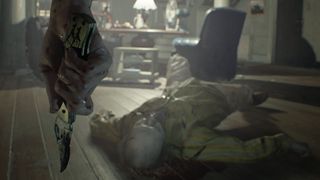
By not contextualising itself much within the wider canon, RE7 may not endear itself to diehard series fans, but it does some wonderful world-building within the confines of the Bakers’ Gothic swamp compound. Lucas’ obsession with elaborate Saw-like contraptions, for instance, is supported by the panoply of college engineering and robotics trophies in his bedroom, and at one point you discover invoices from the contractors who built many of the mechanisms in the house (the same firm, it transpires, which built Resident Evil’s Spencer Mansion).
It domesticates and explains many of the quirks that in other RE games we tend to take as given. For players who don’t care for the cliques and in-jokes of the RE canon, Resident Evil 7 is the perfect introduction to the scares-and-puzzles structure of the series, layered with a presentation and storytelling style that embraces modern ideas in game design; a bit of first-person helpless horror here, a bit of immersive world-building there. It’s telling that in the wake of the Resident Evil 2 remake there’s been more talk of a Resident Evil 3 remake than there ever was of a Resident Evil 8.
This is a series so saturated in nostalgia that it remained a hit even through its creatively wayward years in the last console generation. RE7 is a valuable lesson that the best tributes to the past should put forth new ideas too. With the series now at an all-time zenith, critically speaking, Capcom would do well not to lose sight of the game that set it back on track.
Resident Evil 8 is called Resident Evil Village, find out more about it now.
This feature first appeared in OXM. For more excellent features the one you've just read, don't forget to subscribe to the print or digital edition at MyFavouriteMagazines.
Rob is a freelance games journalist, SEO and content manager. He's written for PC Gamer, GamesRadar, Kotaku, Rock Paper Shotgun, WhatCulture, NextPit, PCGamesN, VG247, Eurogamer, TechRadar, and more.
